Secret discounts leave patients at drugmakers’ mercy
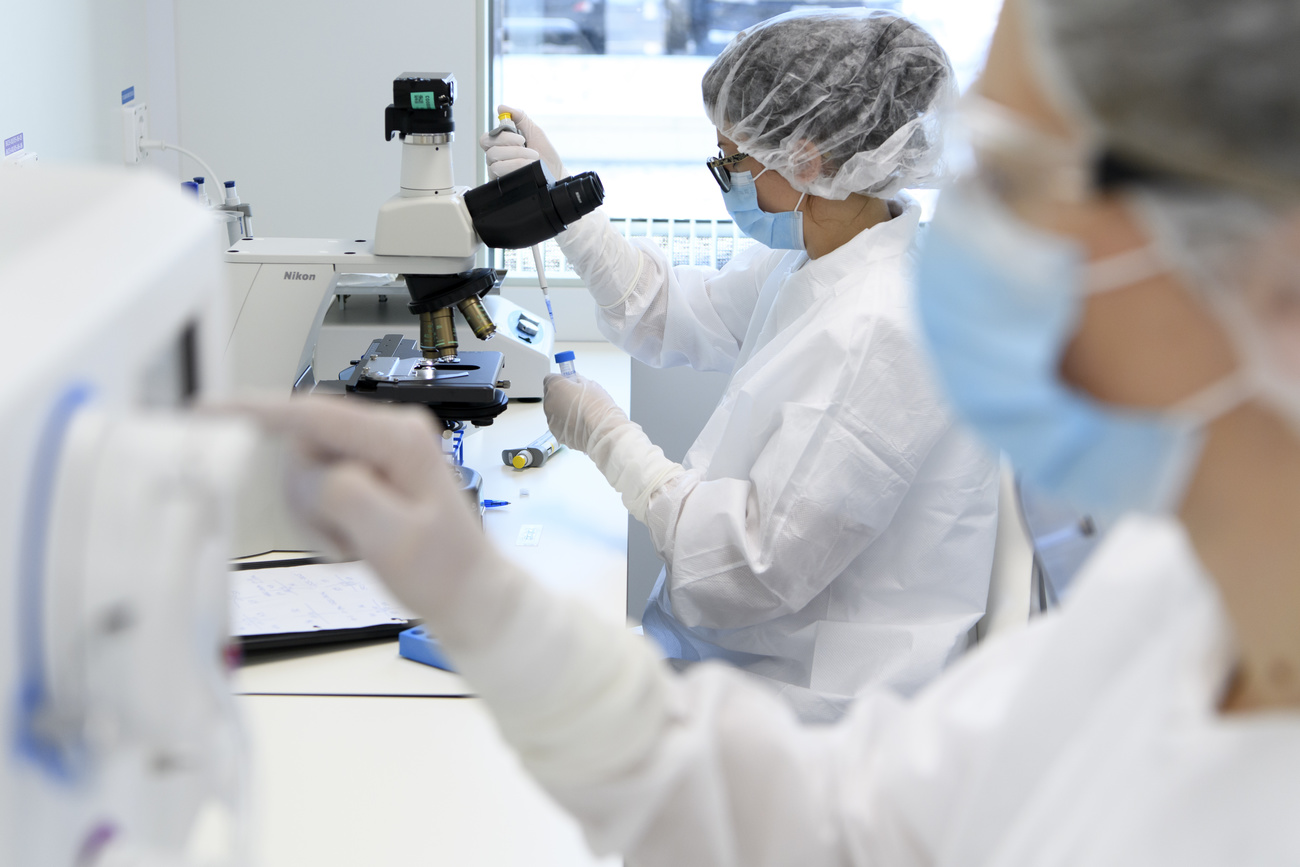
A new study by the University of Zurich has found that using confidential discounts on cancer and other drugs does little to make them available faster and at more affordable prices. This comes amid debate over a plan to keep more drug prices under lock and key in Switzerland.
Switzerland has been a model of transparent drug pricing. In 2019, Nora Kronig, deputy director of the Federal Health Office, told SWI swissinfo.ch that the country is “one of the only countries that is fully transparent about prices. There are no secret deals”.
This appears to be changing according to a study by the University of Zurich published on Wednesday in the LancetExternal link, which found that Switzerland has been increasingly using rebates – a discounted price offered by pharmaceutical manufacturers – since 2012. Starting in 2019, some of the discounts were kept secret.
The number of drugs with a rebate increased from one in 2012 to 51 drugs by October 2020. Of these, at least 14 had no information available to the public about the amount of the rebate or the price paid to pharma manufacturers. Most of these are for cancer drugs.
“With these rebates, we don’t know what is being used to determine the price, which is dangerous,” said University of Zurich professor and lead author of the study Kerstin Vokinger. “Doctors and patients no longer even know what the actual prices are. The patient has the right to know what their therapy will cost.”
The study comes as Switzerland and many other countries sign confidential Covid-19 vaccine deals with pharmaceutical manufacturers, raising questions about whether limited vaccine supplies are being divided among the highest bidders. Meanwhile, more expensive treatments such as gene therapies priced in the millions are putting more stress on health systems, leading many countries to seek new ways to cut costs.
Vicious cycle
Switzerland, along with many of its European neighbours, uses external reference pricing to set drug prices. This typically involves using the price of a drug set in a group of countries as a benchmark. This is intended to ensure that the country receives a price comparable to what other countries are paying.
In the last several years, many European countries including the United Kingdom, France and Germany started agreeing on rebates or discounts for certain drugs – a practice that has been in place for decades in the US. This means that the external reference or listed price isn’t the actual price paid.
“This creates a vicious cycle,” said Vokinger. “The external reference pricing system only works if all countries participate.” As more countries introduce rebates, the others have little choice but to follow suit.
Busting the access myth
Governments have argued that rebates help bring down healthcare costs and make drugs available more quickly. René Buholzer, managing director of Interpharma, the pharma industry umbrella association in Switzerland, defended the practice on Swiss public television, SRFExternal link.
“These models are used wherever we have complex problems that we can’t solve with the current pricing system. Faster access must be the goal,” said Buholzer this week.
This was echoed by a spokesperson at Roche who told SWI swissinfo.ch that the company uses “tailored pricing solutions to ensure as many patients as possible have access to our innovation”.
However, the University of Zurich study contradicts this argument. It found that offering rebates typically takes twice as long for the price to be negotiated and for the drug to go from approval to being put on the specialty list, allowing it to be reimbursed by health insurance. For drugs with rebates, the median number of days to fix the price for drugs with rebates was 302 compared to 106 for those without rebates.
While the study doesn’t give the reasons for this longer timeframe, Vokinger says one reason might be that negotiations are more complicated since there is no regulation on how to determine a rebate.
The study also hints that rebates might not lead to lower prices. But this is difficult to determine when there is no transparent picture of what is being paid compared to other countries. The study does show that rebates were not limited to the most expensive and effective drugs.
Only a third of the drugs had a high clinical value based on various external evaluation tools such as a therapeutic value rating in Germany and a European clinical benefit scale for oncology drugs. The rebates also varied significantly, from 4% and EUR226 (CHF244) for Merck’s Keytruda for Hodgkin Lymphoma to 58% and EUR3,493 for the Roche drug Cotellic – a combination therapy against melanoma.
“Half of the drugs [with rebates] don’t have high clinical benefit at the time of approval. The system does not serve the patient,” said Vokinger. The study concludes that the rebates may actually “hamper access to drugs and lead to overpayment”.
This is backed by evidence in the US where some experts claimExternal link that rebates contribute to high drug prices. US authorities are considering moving away from rebates toward some kind of external reference pricing.
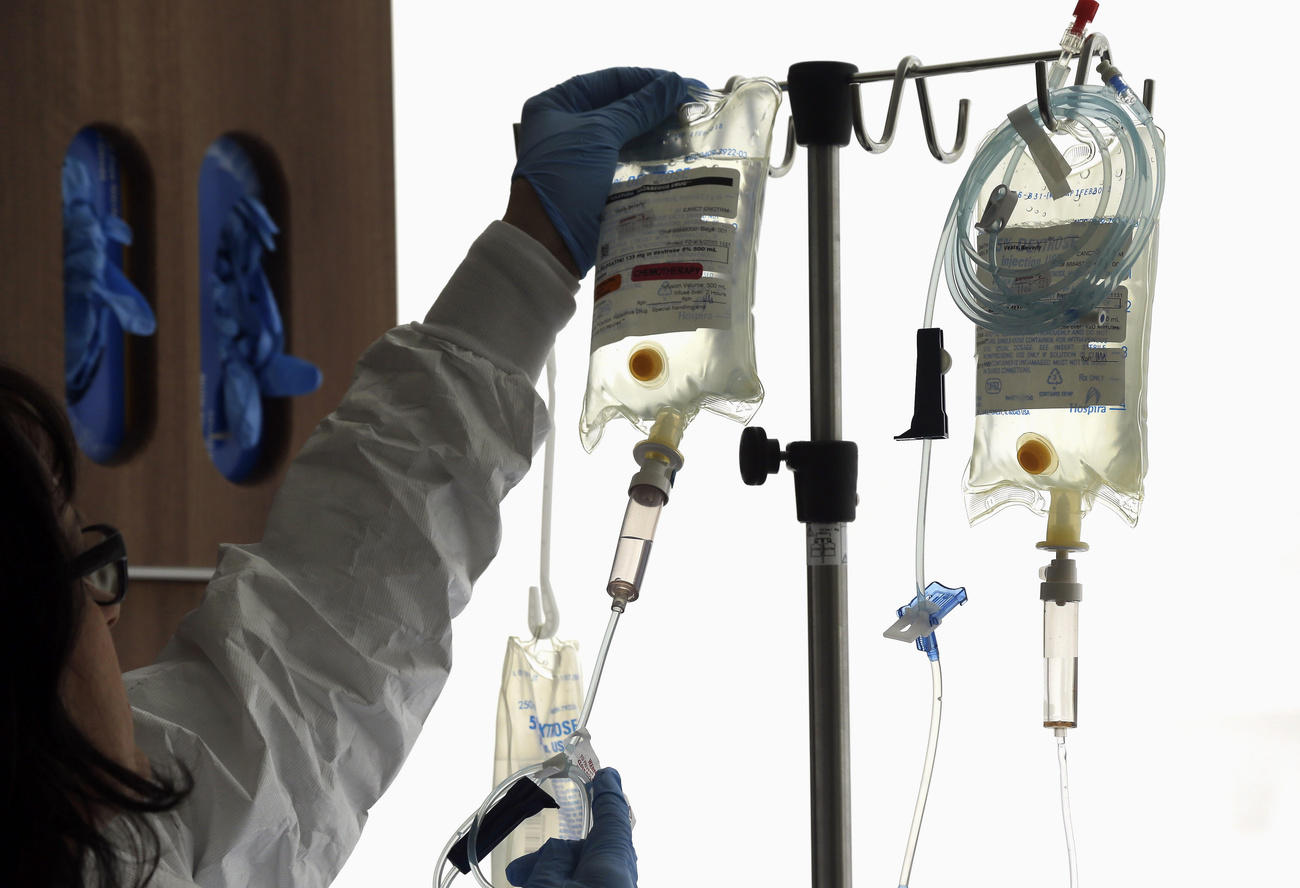
More
Push for drug pricing transparency strikes a nerve with industry
Lose-lose situation
The University of Zurich study points out that different prices may be justified based on supply, demand and reimbursement policies, among other factors unique to countries. Roche and Novartis are both adjusting prices to reflect a country’s relative income and their ability to pay.
When asked about the price for information of the number of countries receiving a rebate for Cotellic, Roche said it doesn’t disclose details on its prices at a country level.
In a statement, Roche said, it “would welcome more transparency in the system, however we are concerned that this could undermine our ability to provide differential pricing, particularly in lower- income settings”.
The World Health Organization has strongly advised against confidential rebates, warning that they can lead to a distortion of drug prices and hinder timely access to drugs.
At the World Health Assembly in 2019, a resolution proposed by the Italian government to encourage more transparency on pricing and R&D costs struck a nerve with industry and created unease for many governments that are home to big pharma companies. A watered-down version of the resolution was eventually adopted. However, there has been little progress since then and the situation has been complicated by Covid-19 where secret vaccine deals became the norm.
Legal basis?
Switzerland is currently considering revising its federal health insurance act to officially anchor confidential discounts in law. It proposes using pricing models to ensure “quick and inexpensive access to innovative, high-priced pharmaceuticals” and suggests that in some cases the amount of the refund will not be made public in cases where the discount is so high that the company doesn’t wish to make it public.
Last year, Adrian Lobsiger, the Swiss Federal Commissioner for Data Protection and Information, criticised the confidentiality clause on the price of medicines in the proposed health insurance law.
In an interview on SRF, Ryan Tandjung from the federal health office revealed the difficult position the government is in. “If Switzerland does not go along with this [pricing model], it may either no longer have access to medicines or have to pay too much for them. It is important that we have this option [to keep prices confidential] in exceptional situations.”
Swiss NGO Public Eye has strongly criticisedExternal link the draft amendments to the law arguing that secret deals will only accentuate the asymmetry of power and information between pharmaceutical companies and the federal health office when negotiating drug prices.
Transparency is not only a matter of basic accountability to taxpayers, says Patrick Durisch, who leads health policy at the Swiss NGO Public Eye. It is also about ensuring governments have leverage.
“Pharmaceutical companies are basically saying we are ready to give the drugs to you at a cheaper price, but we don’t want the rebates to be published or to be shared with other countries,” he said.

In compliance with the JTI standards
More: SWI swissinfo.ch certified by the Journalism Trust Initiative

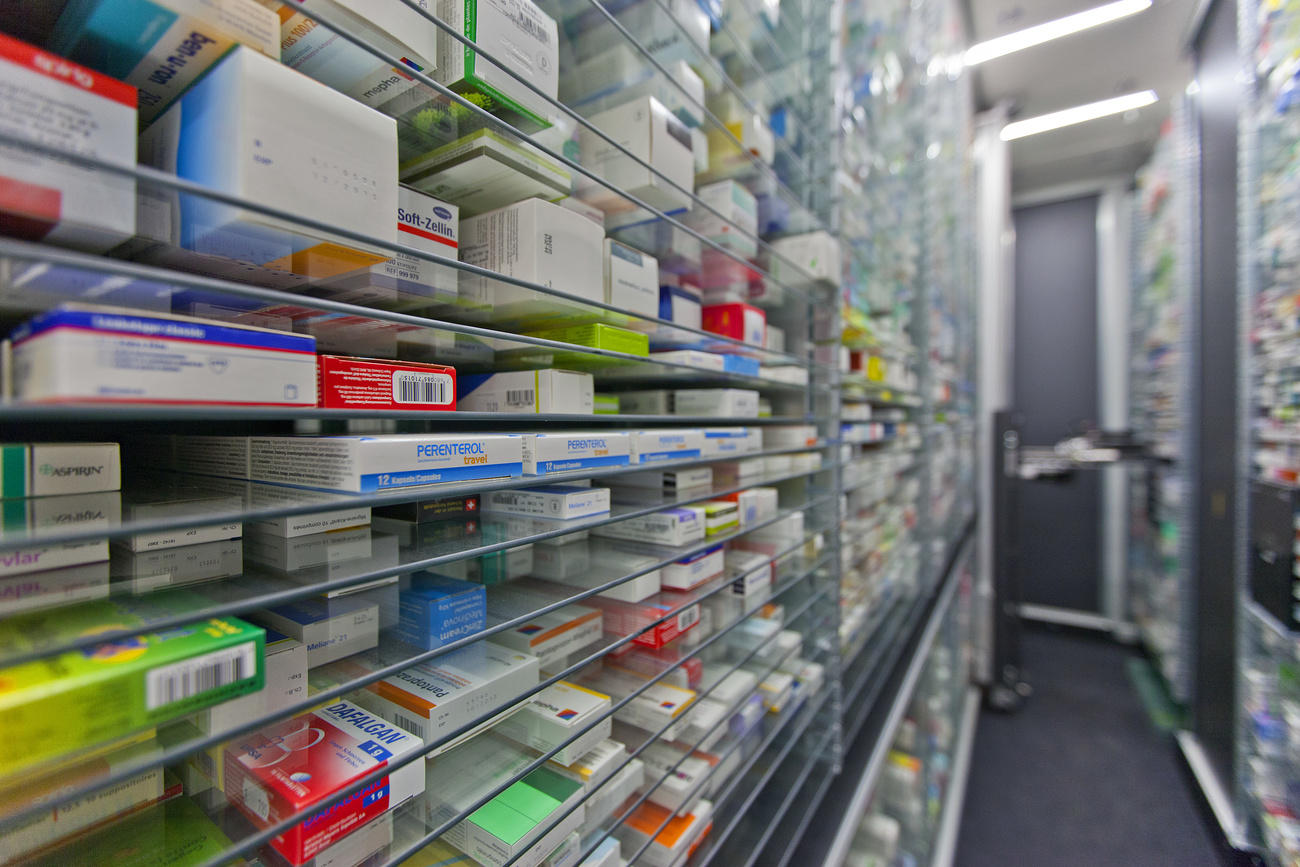
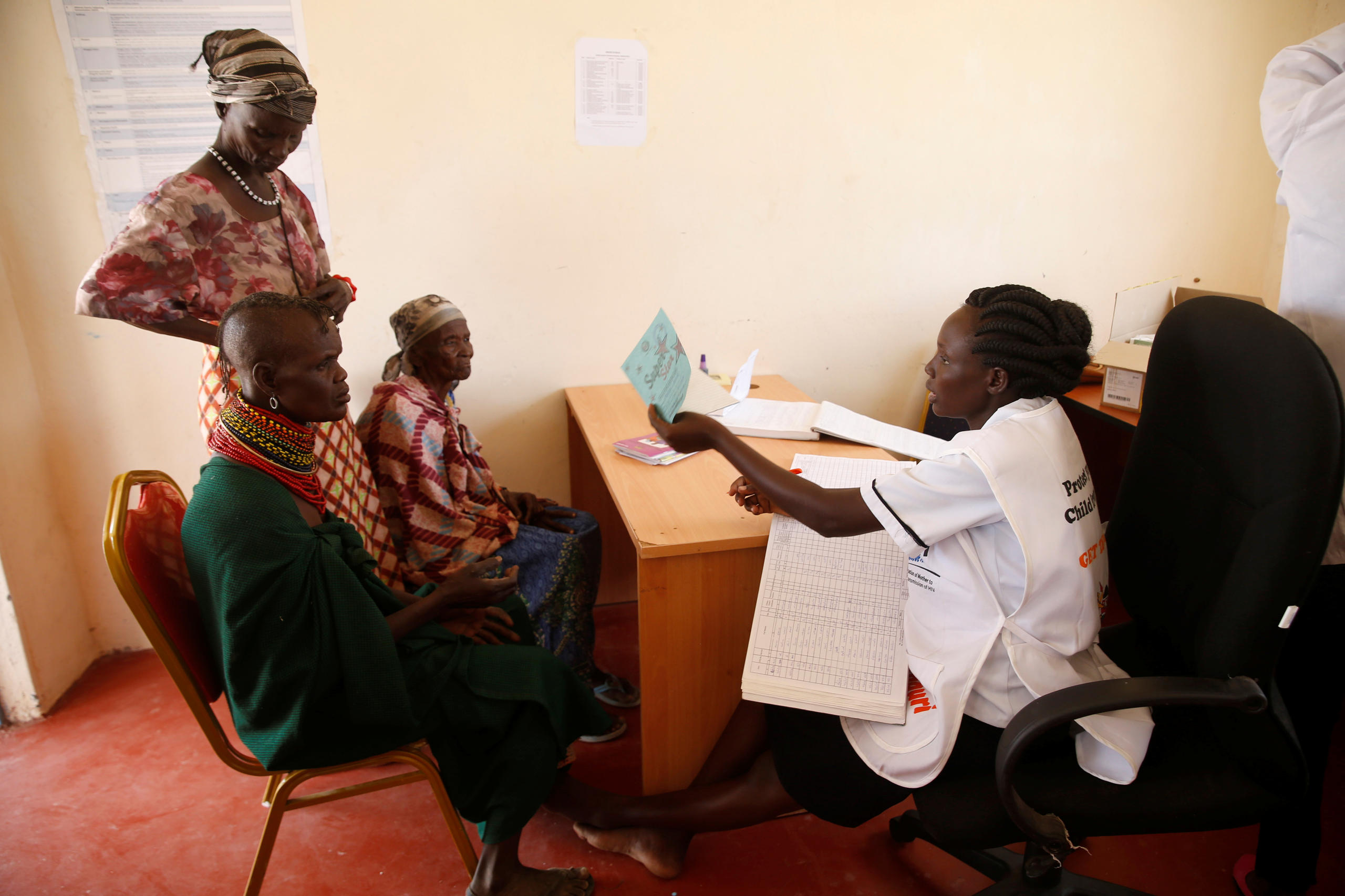
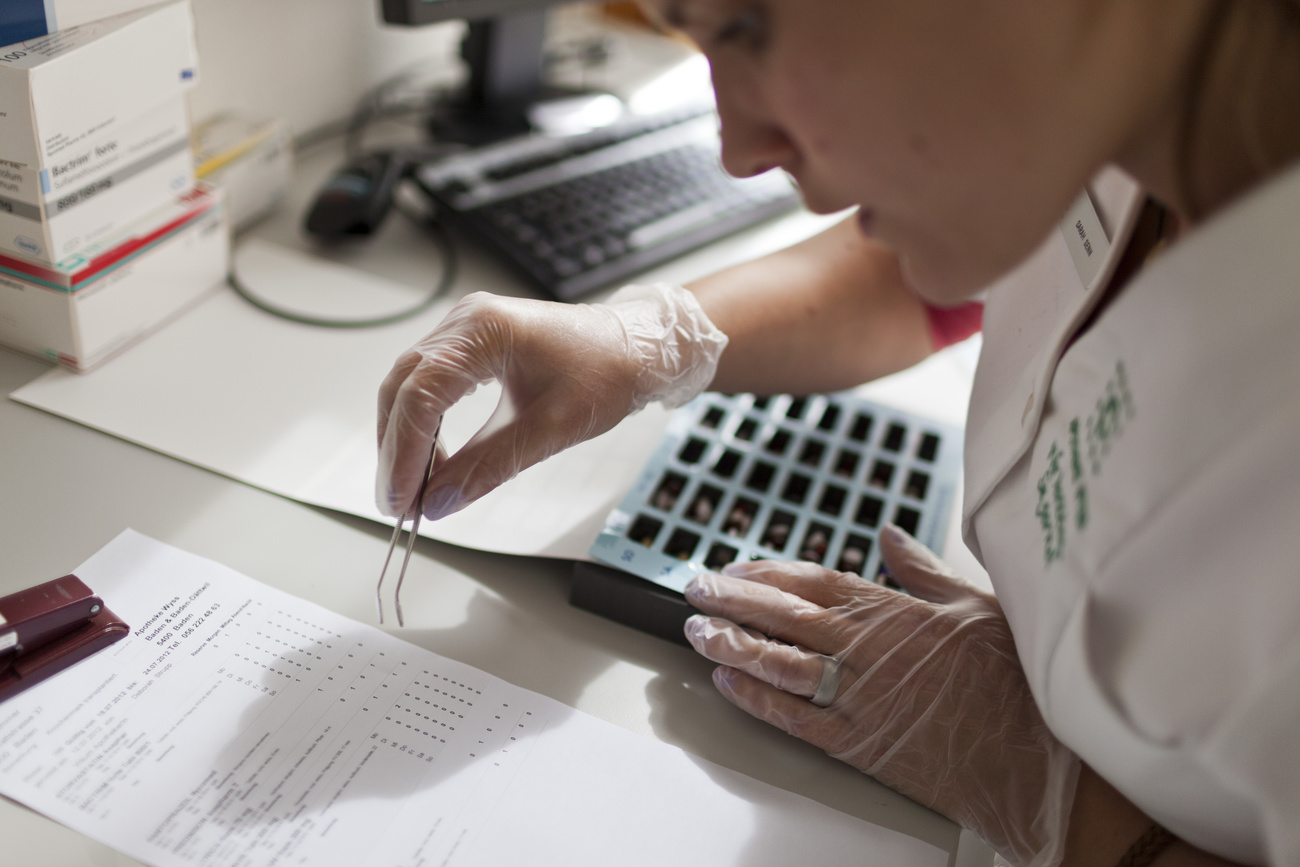

Join the conversation!